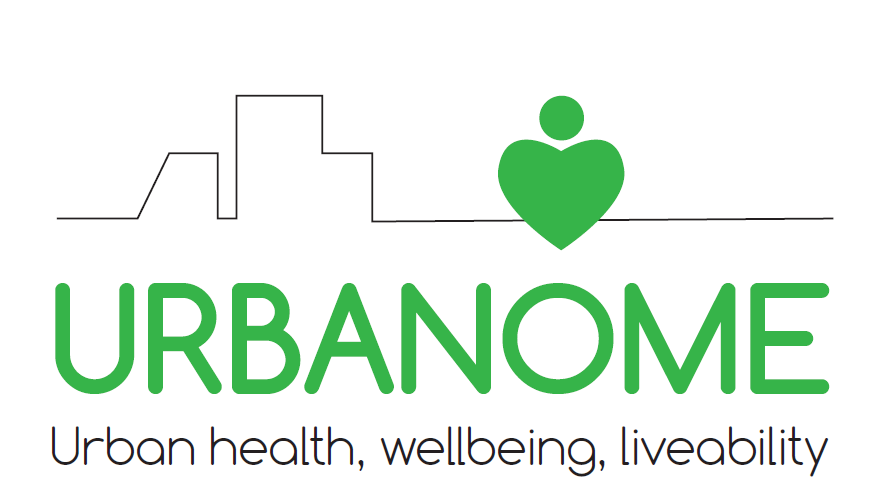Objectives

The overall objective of URBANOME is to promote urban health, wellbeing and liveability, through systematically integrating health concerns in urban policies and the activities of urban citizens, on the basis of detailed and comprehensive evidence on environmental health determinants, the spatial distribution of these in the city, and the social distribution of their impact among different population groups, accounting for different life styles and behaviours.
To achieve this overall objective, URBANOME has the following specific objectives and will:
- SO1: Develop an integrated methodological framework and a big data computational ecosystem and decision support system accounting for the physical, mental, socio-economic, operational and structural characteristics of a city which affect human health.
- SO2: Provide an accurate spatial and temporal resolution of environmental exposures in a personalized manner and identify the patterns of socio-spatial environmental inequalities finally leading to social cohesion improvement.
- SO3: Investigate the impact of environmental stressors on mental, cognitive, social and physical wellbeing particularly on vulnerable population groups, including hard-to reach citizens, and considering gender differences.
- SO4: Raise public awareness regarding urban health and wellbeing and engage urban citizens through Urban Living Labs (ULLs), including big data collection and citizen science-led participatory governance.
- SO5: Alleviate environmental health injustice in cities.
- SO6: Build solid partnerships with other relevant parties in urban health, including policy makers, experts, local authorities, business and local communities to better connect research to practical needs and user demands.
- SO7: Develop and promote effective, innovative and inclusive governance and planning adapted to local urban contexts which foster long-term health and wellbeing in cities.
- SO8: Provide prognostic markers regarding the effect of environmental stressors in the main non-communicable diseases (NCDs).
- SO9: Establish an evaluation framework to assess cost-effectiveness as well as barriers and facilitators to the implementation of identified policy actions aiming to support urban development and city planning towards improved urban health and wellbeing as well as social cohesion.
- SO10: Creation of new business opportunities (in mobility, entertainment, culture, etc.) aimed at enhancing urban health and wellbeing through co-creation and co-maintenance of sustainable, egalitarian and healthy cities.
